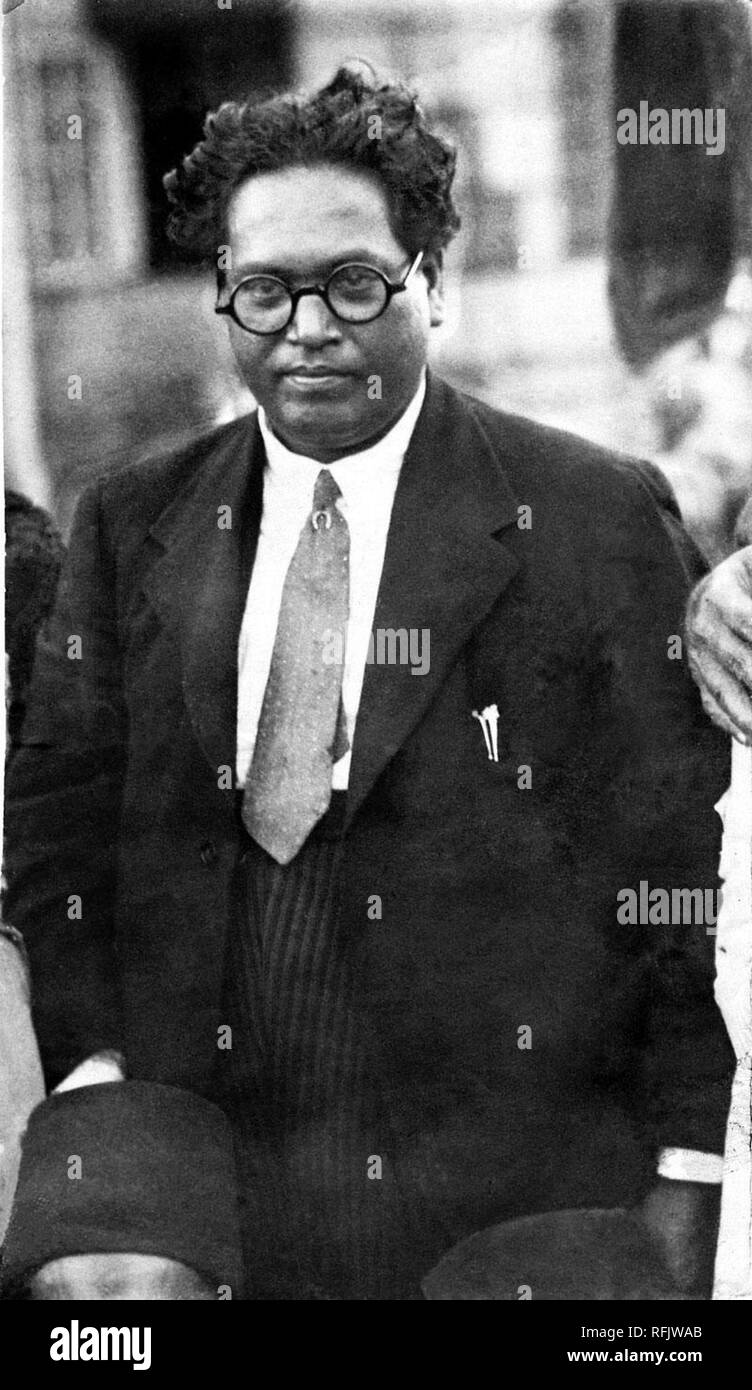

This, of course, was the cornerstone of the two-nation theory propounded by the Muslim League, which inevitably led to the partition of the country. Therefore, he concluded that for a Musalman, India could never be his motherland. This was a bleak possibility given that India was a Hindu majority nation. For that to happen, the establishment of Islamic rule was imperative. Islam, according to BR Ambedkar, could have never allowed a true Muslim to adopt India as his motherland. Underscoring the Islamic ideology of Muslim Ummah, Ambedkar said loyalty of a Muslim is not based on his domicile in the country but on the faith to which he belongs. Īmbedkar also elucidated the incompatibility of Islam with local self-government. For those who are outside the corporation, there is nothing but contempt and enmity,” BR Ambedkar wrote in ‘ Pakistan or Partition of India’. There is a fraternity, but its benefit is confined to those within that corporation. It is a brotherhood of Muslims for Muslims only. The brotherhood of Islam is not the universal brotherhood of man. Islam is a close corporation and the distinction that it makes between Muslims and non-Muslims is a very real, very positive and very alienating distinction. For Islam divides as inexorably as it binds. “Hinduism is said to divide people and in contrast, Islam is said to bind people together. In crude and lucid language, Ambedkar expounded that Islam was a divisive religion, a faith that segregated people into rigid groups of Muslims and non-Muslims, where the benefits of brotherhood and fraternity were limited only to the former, i.e Muslims, while the latter was treated with contempt and enmity. It is a travesty of history then that BR Ambedkar, whose mortifying critiques of the caste system is routinely cited by ‘liberals’ to scorn and deride Hinduism, but whose trenchant criticism of Islam, and more specifically the history of Muslims in India, have received little critical scrutiny and has been swept under the carpet. He had deeply analysed the Abrahamic faiths at that time and concluded that their homogeneity and monotheistic principles did not fit with the diverse and pluralistic nature of the Indian society.Īmong the three Abrahamic faiths, Ambedkar was most critical of Islam. After contemplating for over 2 decades on which religion dovetailed perfectly with his requirements, he homed in on Buddhism and converted to the said religion on 14 October 1956.īut before he decided which faith would he choose, Ambedkar was certain about one thing: His religion of conversion would be from the Indian soil and not the one that had its roots elsewhere. To bring an end to this predicament, Ambedkar decided to relinquish Hinduism and adopt another faith.

He along with close to 3,65,000 of his supporters gathered at Deekshabhoomi, Nagpur, and renounced their faith to take up Buddhism.Īmbedkar was born into a Mahar (Dalit) caste, who were treated as untouchables and subjected to socio-economic discrimination. The exam is held in computer-based mode.14 October 2021 marks the 65th anniversary of the day when the chief architect of India’s Constitution Dr Babasaheb Ambedkar undertook one of the biggest decisions of his life-giving up Hinduism and embracing Buddhism. The Babasaheb Bhimrao Ambedkar University (BBAU) Entrance Test – 2021 is held for admission to the Under-Graduate (UG) and PostGraduate (PG) Programmes. “In case of any difficulty in downloading the Admit Card or discrepancy in the details contained on the Admit Card, candidates can call NTA Help Desk at 011 40759000 or write to NTA at the NTA has informed candidates.
#Ambedkar images code
Candidates are advised to check carefully the code of the Test Paper opted for, address/location of the examination centre and the date and shift/s of the Test Paper in which they are required to appear,” the NTA has said candidates.

“The Admit Cards may be downloaded from the said website using their Application Form Number and Date of Birth and read the instructions therein carefully. “The Admit cards of candidates appearing in Test papers on 29, 30 September and 01, 03 & 04 October will be hosted shortly,” it has said. The NTA has released the admit cards for the papers scheduled on the first day of the BBAU entrance test. The national testing agency (NTA) has released the admit card of the Babasaheb Bhimrao Ambedkar University entrance test which is scheduled to be held on September 28.


 0 kommentar(er)
0 kommentar(er)
